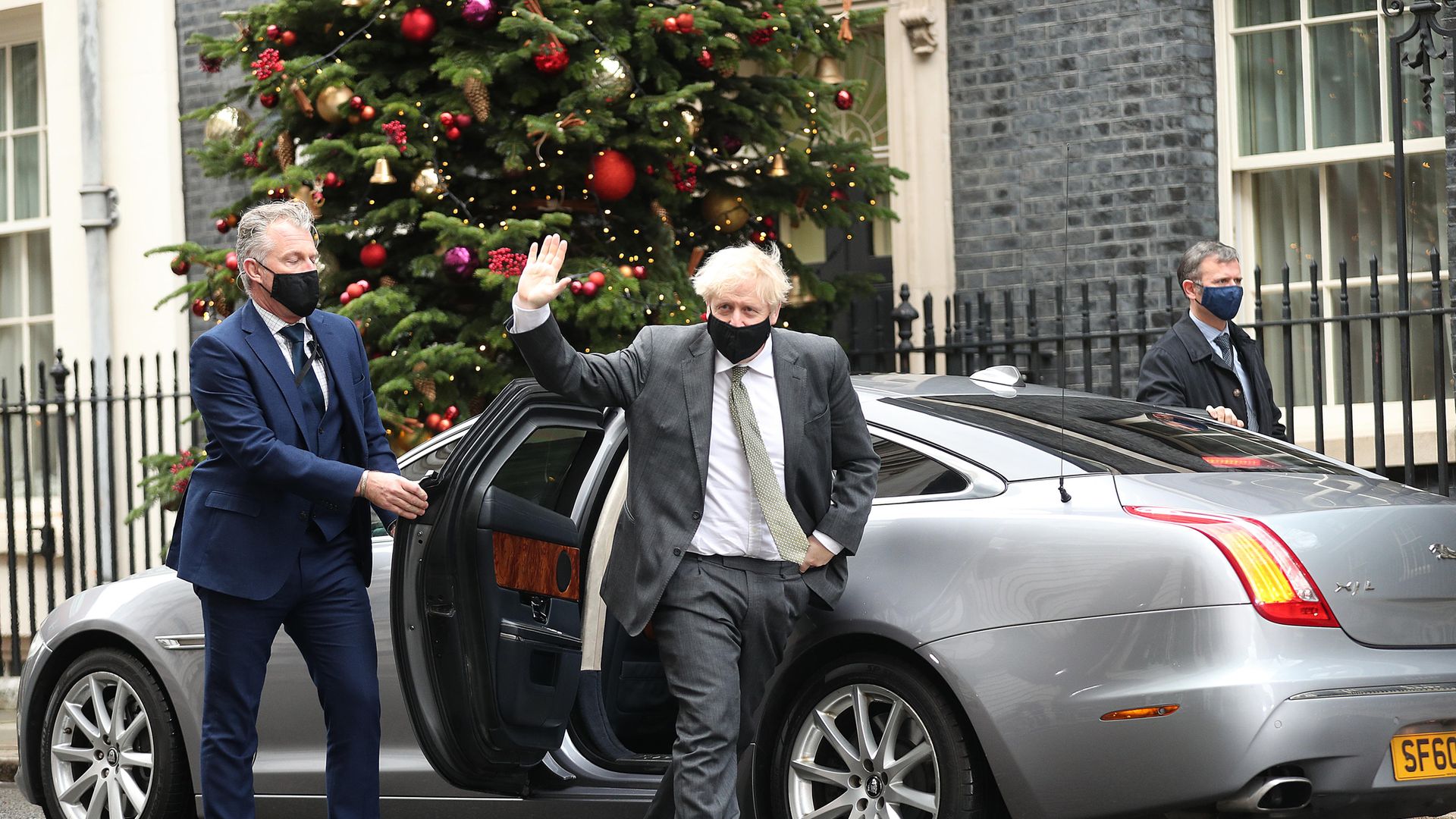
Boris Johnson has hinted Scotland could be offered a second independence referendum in the ‘future’ but warned that citizens would end up voting to stay in the union.
The prime minister said the SNP’s “sheer incoherence” would see union supporters win a future referendum.
Johnson’s response came after Glasgow MP David Linden had asked why polls have consistently shown support for a second vote.
More than a dozen polls taken this year have revealed there is now a majority of people who support Scottish independence.
Johnson said: “The people of Scotland voted in 2014 by a substantial majority to remain in the UK.
“I believe that was the right decision and I believe that were they ever to be asked in the future, the same question again, I believe it would be the same answer.”
The SNP’s Pete Wishart said Johnson was to thank for the boost in support.
He said: “The prime minister didn’t quite answer the question on why support for independence is so high, so maybe I can tempt him with a couple of reasons.
“Firstly, the leadership of the first minister, which Scots contrast with him. Then there’s his crazy chaotic Brexit, a Brexit that Scotland didn’t vote for.
“But it’s also down to him personally, he is probably the biggest single recruiting sergeant that we have and for that, we mightily thank him.
“So can I ask him, on behalf of all of us who want to see an independent Scotland, could he, please, take a bow and accept our many thanks?”
Johnson responded: “I’m delighted to accept the thanks of Mr Wishart, but if I may say, I think it’s really thanks to him, to the Scottish National Party, that we’ve been able to keep our wonderful United Kingdom together.
“It’s the sheer incoherence of their position, their refusal to address the tough questions on what breaking up the UK really means, the impact on our budgets, on our economy, the impact on Scotland, or the impact on our whole country.
“It’s their manifest inability to explain what they actually mean that meant the people in Scotland voted in 2014 to remain part of the UK, they are right then, and they’ll be right in the future to stay.”
Warning: Illegal string offset 'link_id' in /mnt/storage/stage/www/wp-includes/bookmark.php on line 357
Notice: Trying to get property 'link_id' of non-object in /mnt/storage/stage/www/wp-includes/bookmark.php on line 37






